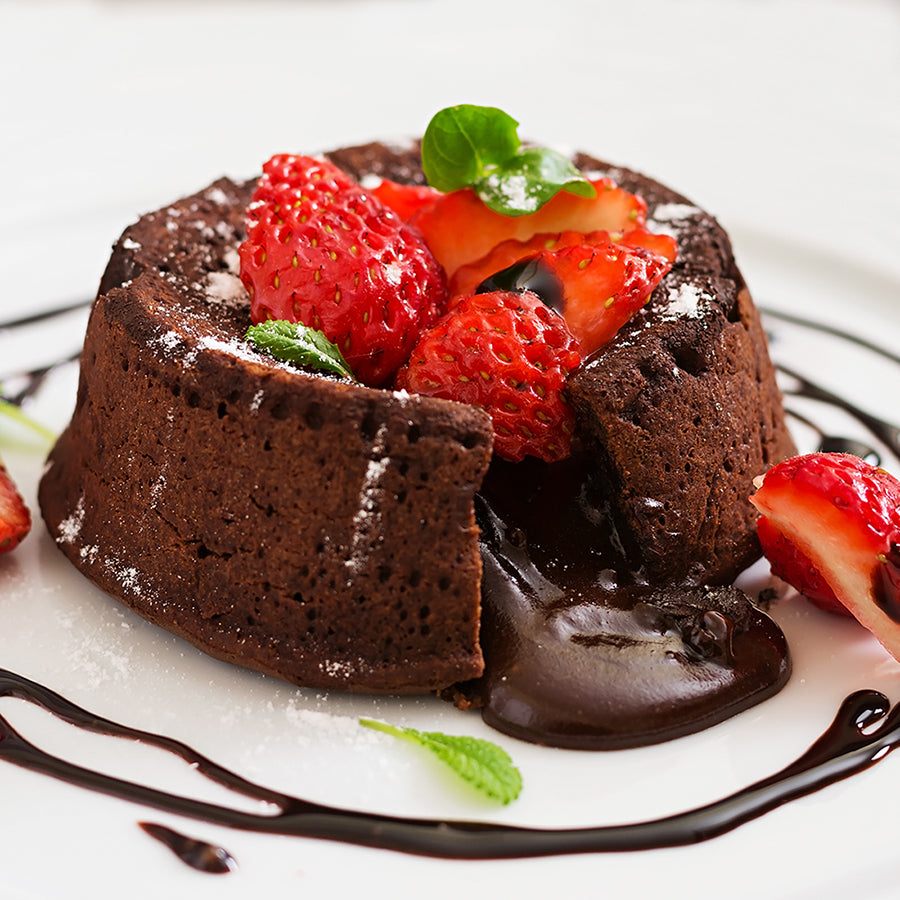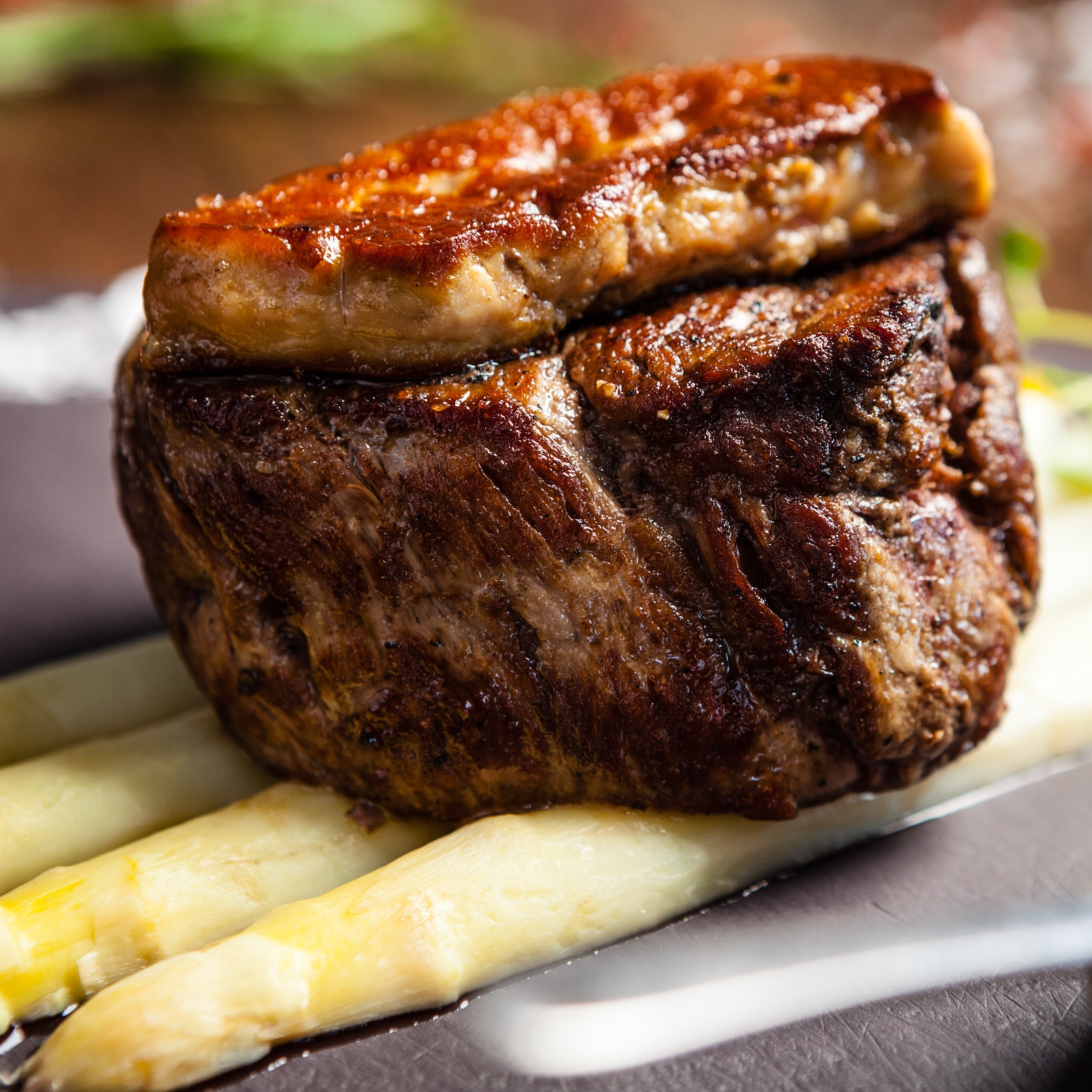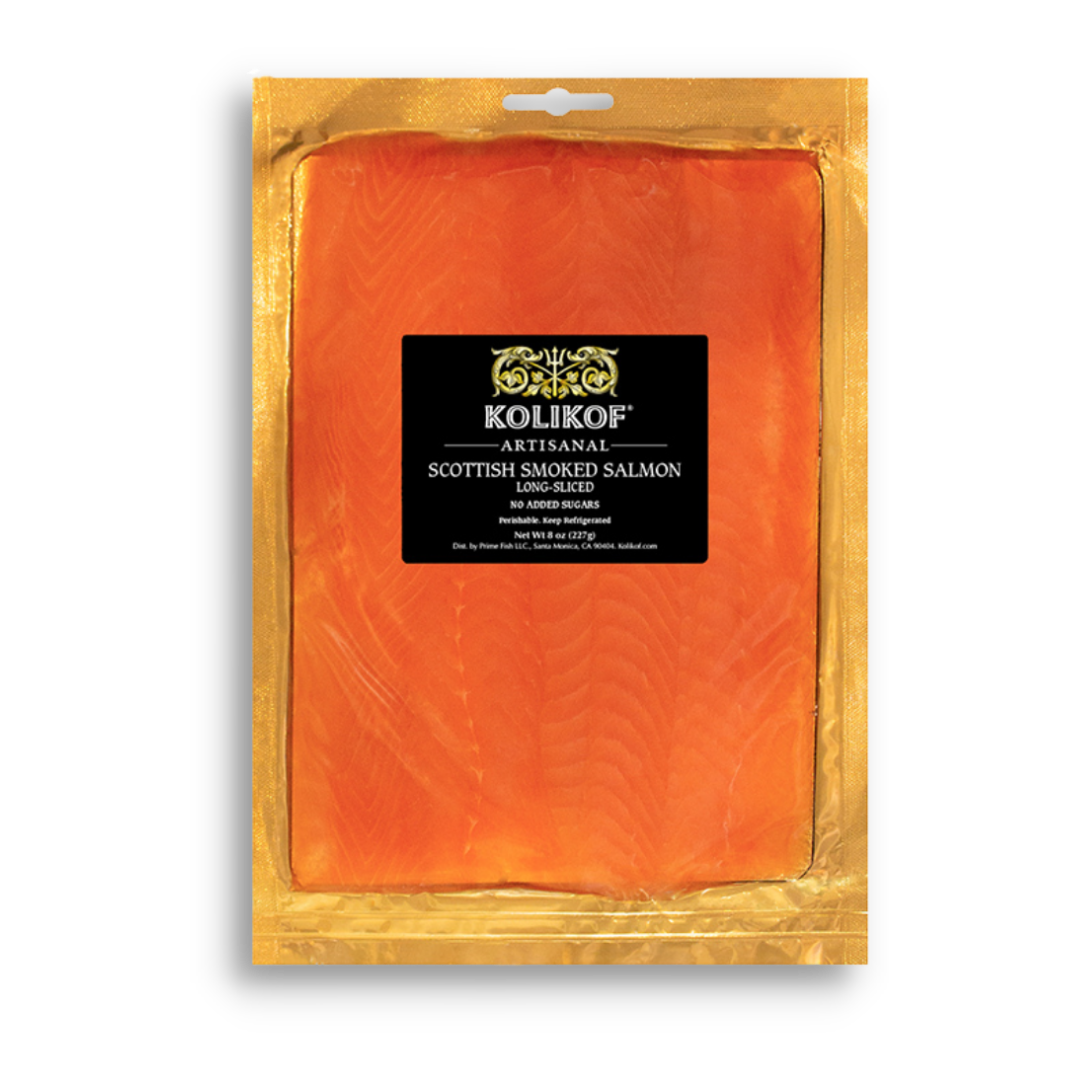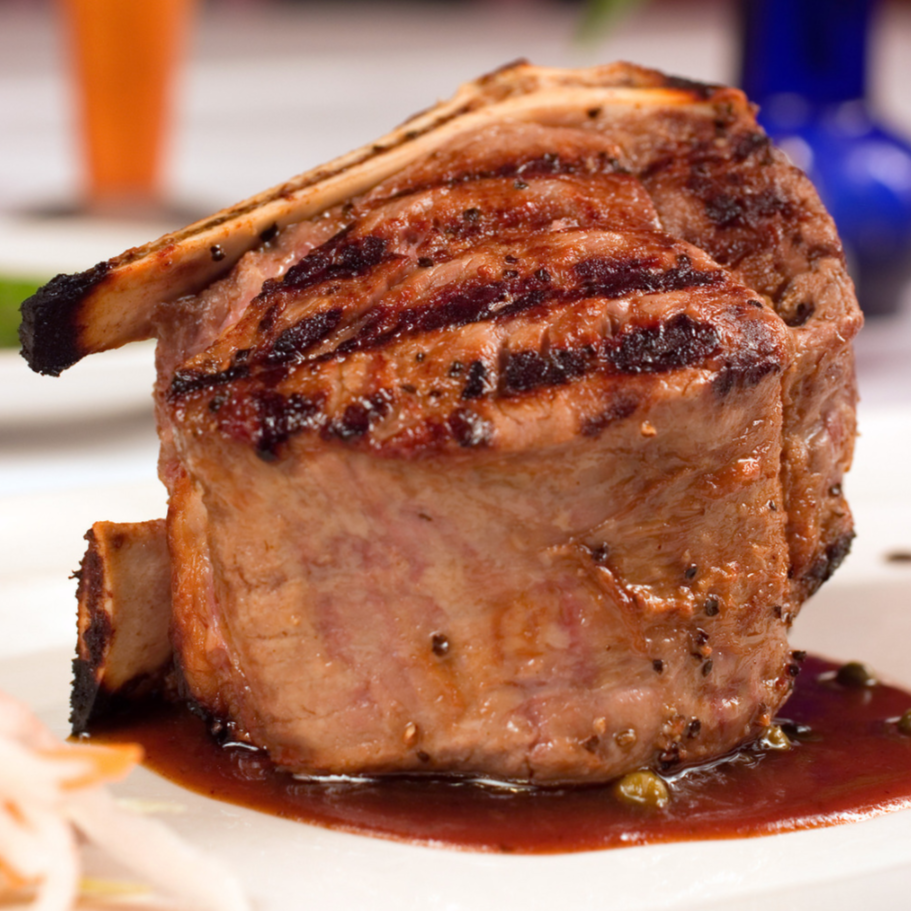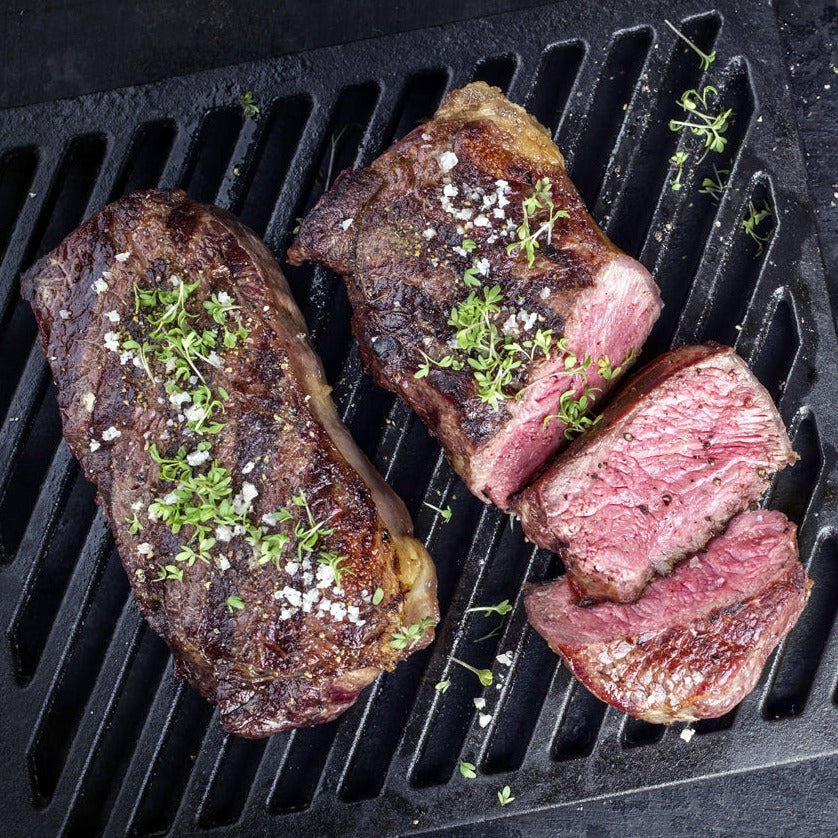Is caviar good if you’re pregnant?
Caviar, a luxury meal enjoyed by many around the planet is the focus of this article. It has a unique flavor and a smooth texture that melts on the tongue. Nevertheless, pregnant women always ask whether it is safe or dangerous to eat caviar while they are pregnant. This will be achieved by discussing about if caviar is safe for human consumption during pregnancy and what might be its possible advantages and disadvantages.
Sturgeon fish are used in making caviar which is an expensive delicacy. A case in point is that all fishes have high level contamination of mercury and other harmful substances that can damage both the mother and unborn child. However, when bought from reputable sources and treated properly, consuming caviar moderately during pregnancy should not cause any harm.
American Pregnancy Association (APA) advises expectant mothers to take between 8-12 ounces of seafood including fish per week only. This comes from the fact that certain fish types contain high levels of mercury among other contaminants which go through placenta thus damaging the fetus during growth process. On the other hand, caviar remains one of those low content Mercury fish meaning it’s generally considered okay to eat little portions.
Another thing to note about caviar having low amounts of mercury is that it contains substantial nutrients that are necessary for both mother and her baby’s development as well as survival till delivery time. The most outstanding one among these nutrients; omega-3 fatty acids helps in developing brain tissues while lowering chances for premature births hence maintaining good health conditions for growth processes within a womb. Furthermore, it also provides proteins which are vital for growing a baby inside uterus.
However, due to its richness in salt content, women who are expecting must be careful before eating caviars since they could easily exceed their recommended maximum daily salt intake thresholds due to nonconscious consumption patterns. Excessive salt levels can lead to fluid retention especially dangerous for pregnant ladies having preeclampsia condition. In this case, every pregnant woman is advised to eat caviar gradually with reminders on the salt they’re taking in.
Caviar is a raw food and as such it can be contaminated by bacteria that produce listeria and salmonella that are responsible for many cases of food poisoning. This makes expectant women highly vulnerable to these diseases which can harm their unborn children. Therefore, before eating caviar during pregnancy, one needs to make sure it is well preserved not just when it comes to keeping but also its processing.
It is important for pregnant women to consume only properly stored and handled caviar so as not to contract food-borne diseases. It’s also better not consuming the ones that have stood in room temperatures for too long or those whose taste or smell you find unpleasant. It is advisable for them to select trusted suppliers who sell refrigerated caviars.
Caviar is a generally safe food for expectant women to eat in moderation as long as it is bought from a trusted source and used properly. This type of fish has low mercury levels and many important nutrients necessary for prenatal health. However, during pregnancy, caviar consumption should be approached with caution due to its high sodium content and possible contamination by bacteria that can cause food poisoning. Expectant mothers must ensure that any caviar they have has been stored, handled, and prepared correctly to minimize the risks posed by bacterial infection. Remember also when you are pregnant do not just consume any new form of meals without consulting your doctor about it; therefore before having this type of seafood it’s always good to talk to a medical professional first.


